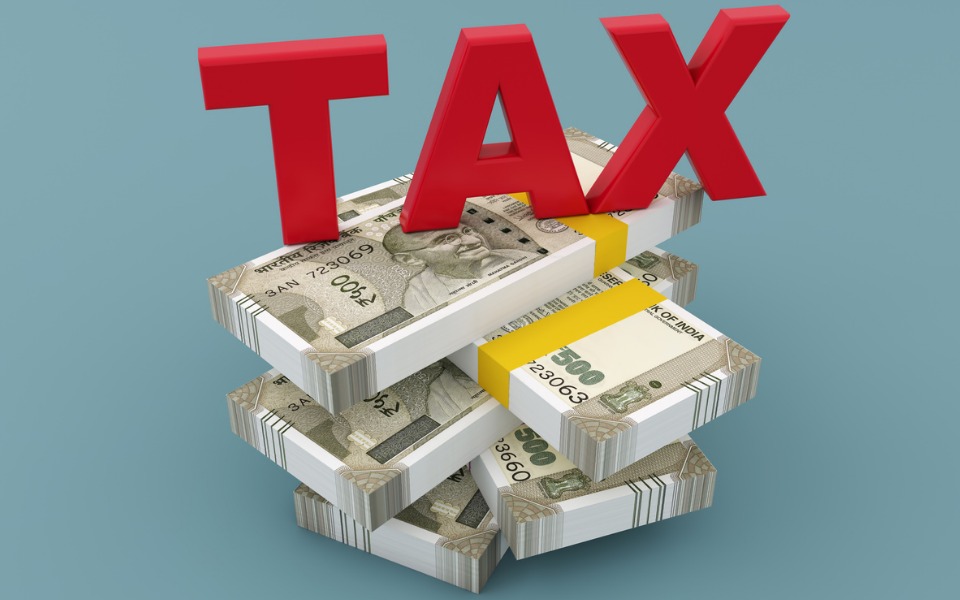
Global minimum tax deal: What is it and what does it mean for India?
The deal will create new rules for the digital era. Under it, technology companies such as Amazon and Facebook will be required to pay taxes in countries where their goods or services are sold, even if they have no physical presence there

One hundred and thirty-six nations, including India, on Friday signed up to an historic deal that would make sweeping changes to how multinational companies are taxed in order to deter them from stashing their profits in offshore low-tax havens.
Under the agreement, the countries agreed to enforce a corporate tax rate of at least 15 per cent, as well as a fairer system of taxing profits where they are earned.
The deal will create new rules for the digital era. Under it, technology companies such as Amazon and Facebook will be required to pay taxes in countries where their goods or services are sold, even if they have no physical presence there.
The deal was announced by the Paris-based Organisation for Economic Co-operation and Development (OECD), which had been leading the negotiations that led to it. The OECD said the new minimum tax rate would apply to companies with annual revenue of more than 750 million euros ($866 million) and would generate around $150 billion in additional global tax revenue per year.
“Today’s agreement will make our international tax arrangements fairer and work better,” Mathias Cormann, the organisation’s secretary general, said. “We must now work swiftly and diligently to ensure the effective implementation of this major reform.”
“Today’s agreement represents a once-in-a-generation accomplishment for economic diplomacy,” US Treasury Secretary Janet Yellen said. “As of this morning, virtually the entire global economy has decided to end the race to the bottom on corporate taxation.”
French Finance Minister Bruno Le Maire said “we shouldn’t underestimate the political and financial consequences” of the “historical” agreement.
“For the first time we’d be in a situation at the world level to avoid tax optimisation and tax avoidance,” he said, “and to have a fair amount of taxes paid by digital giants from the United States, China or European Union countries.”
Four countries – Kenya, Nigeria, Pakistan and Sri Lanka – had not yet joined the agreement, but the countries behind the accord together account for over 90 per cent of the global economy.
What it means for India
India may have to withdraw digital services tax or the equalisation levy and give a commitment not to introduce such measures in the future if the global minimum tax deal comes through.
“No newly enacted digital services taxes or other relevant similar measures will be imposed on any company from October 8 and until the earlier of December 31, 2023, or the coming into force of the MLC (multilateral convention),” the OECD said.
The proposed two-pillar solution of the global tax deal consists of two components: Pillar 1 is about reallocation of additional share of profit to the market jurisdictions. Pillar 2 consists of minimum tax and is subject to tax rules.
Finance Minister Nirmala Sitharaman had earlier this week said that India is “very close” to arriving at the specifics of the two-pillar taxation proposition at the G-20 and is in the last stage of finalising the details.
The finance ministers of G-20 countries are scheduled to meet on October 13 in Washington, DC, and finalise it.
Nangia Andersen Partner Sandeep Jhunjhunwala said the statement released by the OECD on Friday weighed against the one in July 2021 brings out some interesting observations. “As a significant move, the OECD has sought for an immediate and upfront withdrawal of unilateral digital services tax and a commitment not to introduce such measures in the future. No newly enacted digital services taxes or other relevant similar measures would be imposed on any company from October 8 and until the earlier of December 31, 2023, or the coming into force of the multilateral convention,” he said.
The modality for the removal of existing digital services taxes and other relevant similar measures needs to be appropriately coordinated, Jhunjhunwala added.
“Pillar 2, which was initially proposed to be brought into effect from 2023, has now been deferred to 2024,” he added.
Deloitte India Partner Sumit Singhania said consensus on global minimum tax will practically make tax competition amongst nations unfeasible by narrowing down any such opportunities to rarest circumstances.
“In reaching final two-pillar solution, OECD Inclusive Framework has tied up several loose ends and drawn the roadmap to its implementation. The final solution offers 25 per cent share in super normal profits (i.e. profits in excess of 10 per cent) sought to be reallocated to market countries,” Singhania said.
Shardul Amarchand Mangaldas & Co partner Gouri Puri said a consensus on Pillar 1 and Pillar 2 are key to secure a more certain and stable tax regime for multinationals and governments. “While the fine print is awaited, India is balancing its interests both as an importer and an exporter of capital, goods and services. The deal will prevent a race to the bottom amongst countries,” he said.


